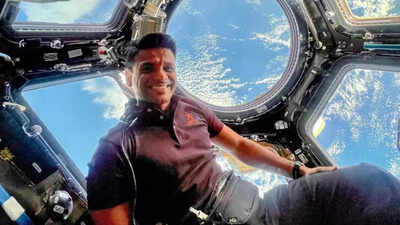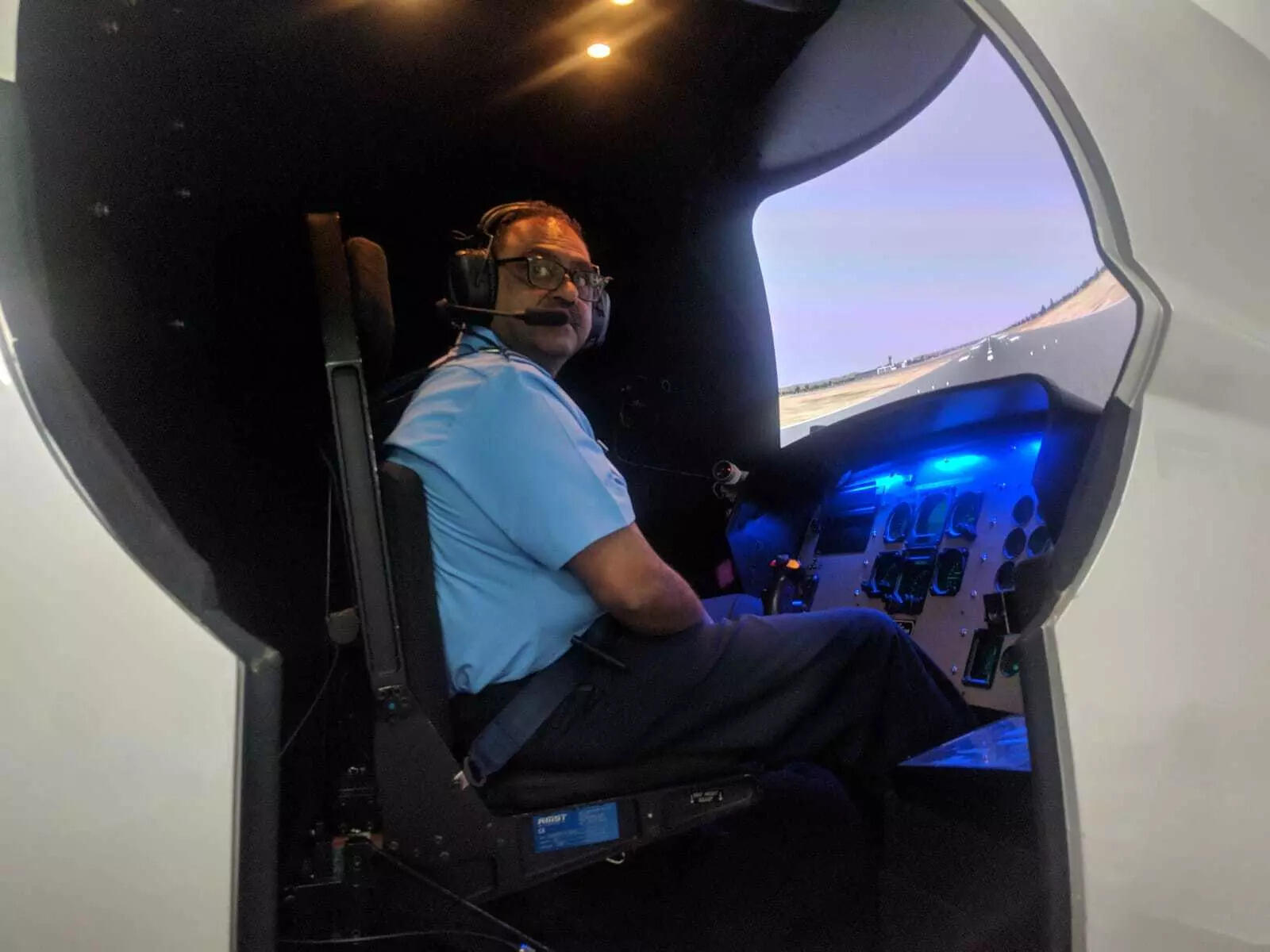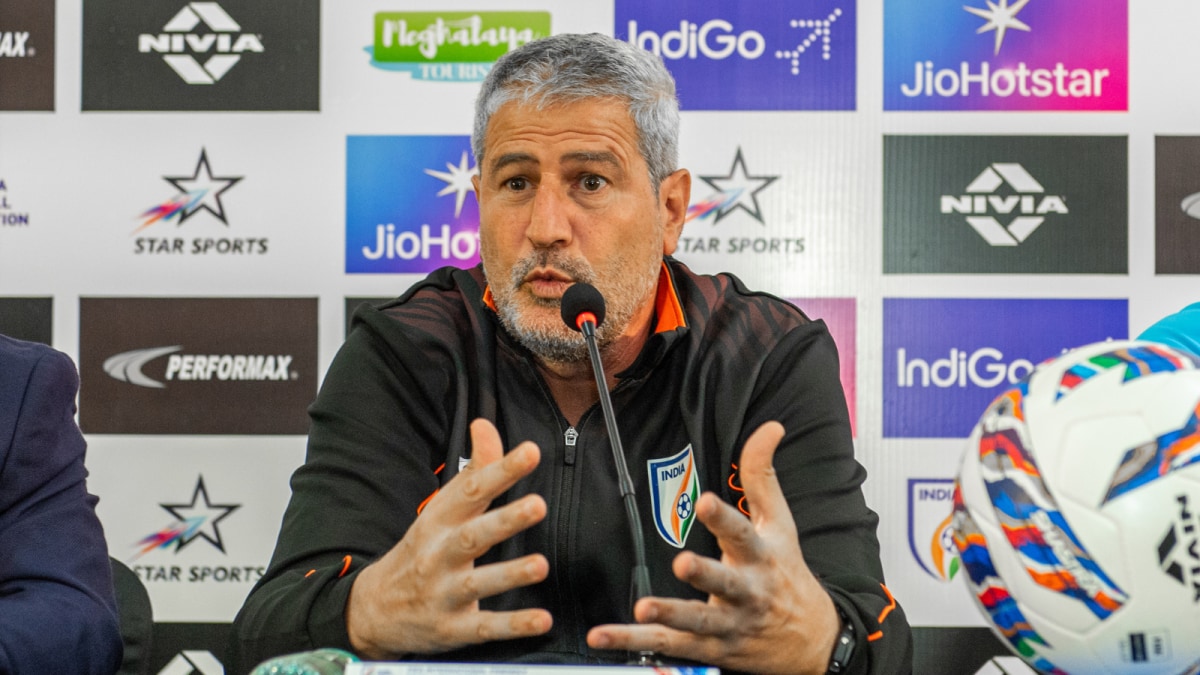ARTICLE AD BOX

File photo: Indian astronaut Shubhanshu Shukla enjoying a stunning panoramic view of the Earth from the International Space Station (ISS). (Picture credit: ANI)
BENGALURU: For the first time, India’s astronaut training protocols are being tested and validated in real space conditions, said Air Vice Marshal Anupam Agarwal, former Commandant of the Institute of Aerospace Medicine (IAM), which is responsible for selecting and preparing Gaganyaan astronaut-designates.In an exclusive interview to TOI, Agarwal, who was an air commodore when he helmed IAM, described Group Captain Shubhanshu Shukla’s (Shux) current mission to the International Space Station (ISS) as part of the Axiom-4 mission as a critical milestone for India’s human spaceflight efforts.“The entire aerospace medicine process, physiological and psychological selection, is being validated. Not only was he selected well, but also the test standards we developed, the procedures we followed, the psychological selection methods, everything is now being put through a real microgravity test,” Agarwal said.

“It is a fulfilling feeling,” he added. IAM’s involvement in astronaut screening goes beyond selection. It collects extensive baseline medical and physiological data before a mission. According to Agarwal, this data is now central to studying how microgravity affects Indian astronauts. “Changes, if any, will be compared with the kind of changes we expect in microgravity. We will study those extensively and try to determine whether our methods for collecting and interpreting baseline data were correct.
This will bolster the entire process.”Agarwal said India’s limited past exposure to human spaceflight made missions like Shukla’s especially important. “This is extremely complicated and many developed nations have attempted it and were unable to achieve it. For us, international exposure is the best thing that could happen to this programme.”He added that knowledge about human spaceflight is often not openly shared in literature and can only be gained through experience.
“If we want success, we must learn fast, learn accurately and learn what’s relevant.”Looking ahead to Gaganyaan and future Indian space missions, Agarwal said IAM’s role will be critical. “The aerospace medicine specialists are to the human what the engineers are to the spacecraft. They help design the human-use products, the man-machine interface, the safety of crew, acoustic, visual, vibration and acceleration standards, clothing, hygiene products and so on.”Reflecting on his personal experience of selecting India’s first set of astronaut-designates, Agarwal said shortlisting Shukla was a memorable moment for him and his team. “We agreed that we have been extremely lucky in life. The selection process allowed us to meet some of the brightest, most intelligent and professionally sound humans in the country. Shux is one of them. How many people have this opportunity? It was, is and will remain an excellent experience to meet Shux.”



.png)
.png)
.png)
















 5 hours ago
5
5 hours ago
5









 English (US) ·
English (US) ·